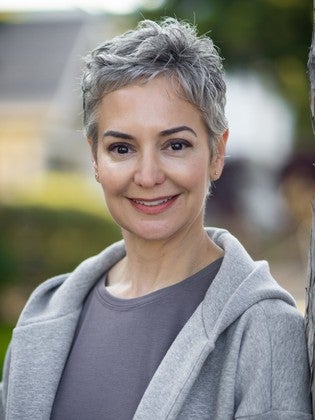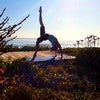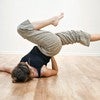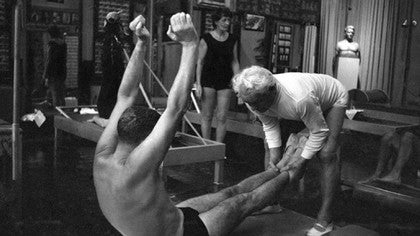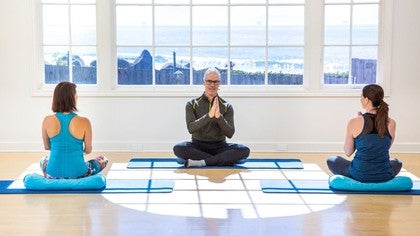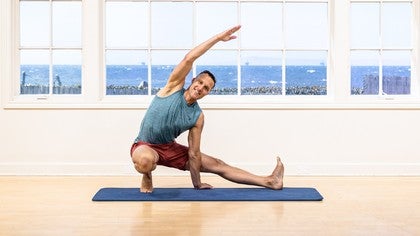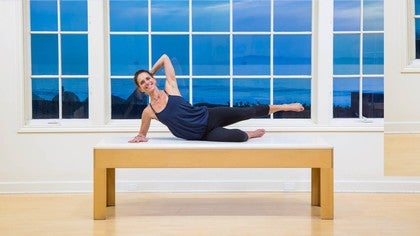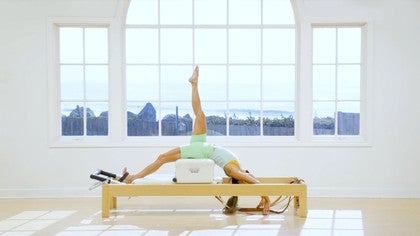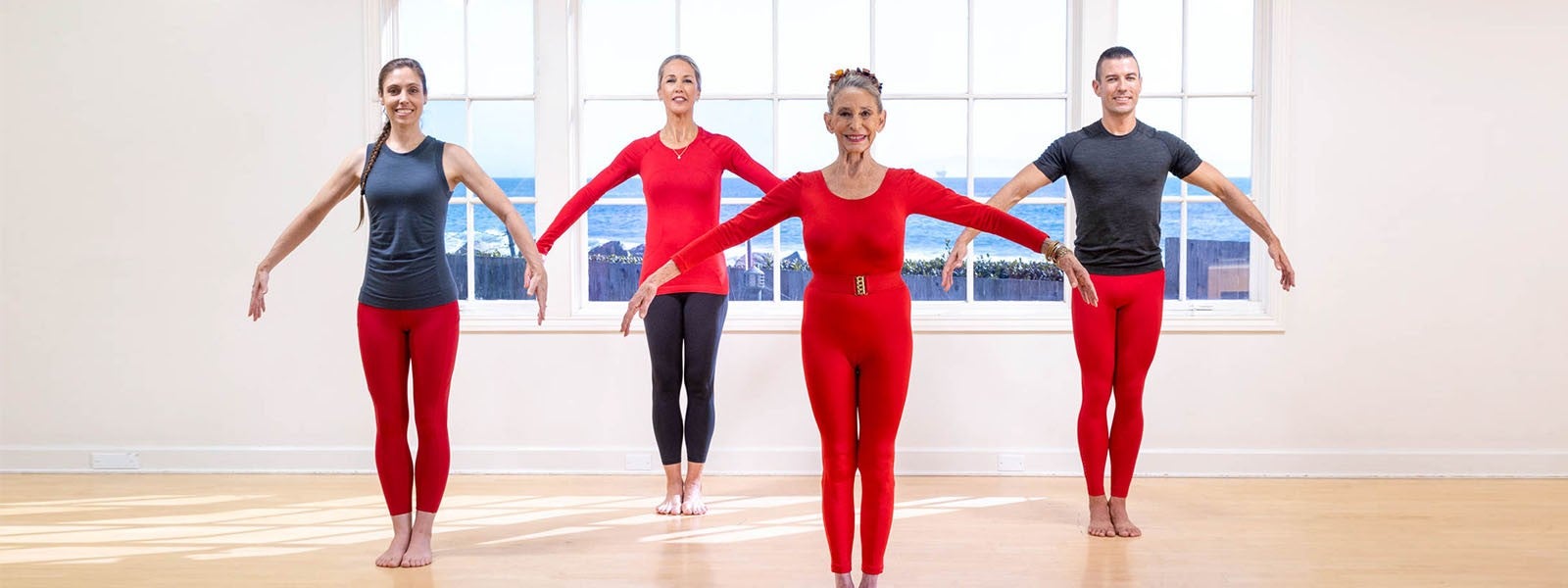
Demystifying Pilates Breathing
Joseph Pilates, creator and namesake of the Pilates method, stressed the importance of inhaling fresh air and exhaling stale air. As someone who struggled with respiratory conditions his whole life, he didn’t take breathing for granted. He likened our lungs to bellows and promoted the idea of breathing fully and deeply as part of his “return to life,” or his path towards total health.
In Pilates, we breathe in a specific way. It may take some getting used to if you come from a movement background such as dance, sports, or yoga, which have their own specific breathing cues. Santa Barbara, California-based Pilates instructor Meredith Rogers likes to imagine the core, or center of the body, as a cylinder. It has a left and right side, a front and back side, as well as a top and a bottom.
“With every breath, I like to think about the bottom of my cylinder, or the pelvic floor, and the top of the cylinder, the diaphragm, rising and falling. Similarly, the abdominal muscles and the back muscles are expanding, as are the two sides of the body,” Rogers says.
Pilates emphasizes core stability and strength. While practicing, the abdominal muscles are pulled in and up, meaning that taking belly-expanding breaths (as is normal in yoga, for example) isn’t possible. Instead, we breathe “laterally” or into the side ribs as well as the back body. This allows us to get the oxygen we need while also keeping the abdominal region engaged. The “in and up” or “scoop” of the abdominal muscles helps protect the lower back during challenging exercises (and in daily life!).
Pilates employs a specific breath pattern that varies by exercise to help recruit the appropriate musculature, to provide rhythm and consistency to the movement patterns, to facilitate length in the body, and to help focus the mind. There’s the familiar five-count inhale and five-count exhale that characterizes the Hundred, for example, and the twisting exercises such as the Saw and Short Box that feature a twisting movement on the exhale. It may seem like a tall order to learn the exercises themselves as well as the accompanying breath pattern, but don’t worry. In time, you’ll understand how the breath pattern actually helps you get more out of each exercise, and it will become second nature.
While the breath is an important aspect of the Pilates method, don't let the breath inhibit your movement. It is better to breathe comfortably than to hold your breath or focus obsessively on breathing “correctly” when practicing Pilates. Keep in mind that different teachers will teach different breath patterns for the same exercise, depending on their training or personal choice.
Do you have questions about Pilates and breathing? Let us know in the comments below.
Comments
i was wondering whether the class was removed? because the link above leads nowhere..
many thanks in advance :)
You need to be a subscriber to post a comment.
Please Log In or Create an Account to start your free trial.
